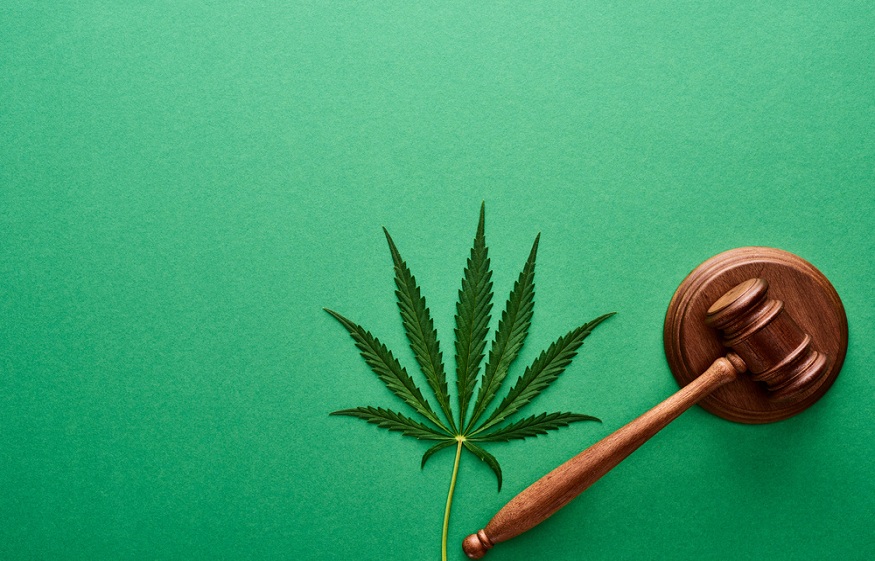How Much Do Presidential Pardons for Pot Offenses Matter?
President Joe Biden recently announced his plans to pardon those convicted of simple marijuana possession under federal law. He has instructed the Attorney General to develop a process whereby pardon certificates can be issued to qualified recipients. In the grand scheme of things though, how much do mass presidential pardons matter? That depends on how you measure it.
They obviously matter a lot to the people who will receive them. A pardon is like gold to anyone convicted of a federal crime. But in terms of alleviating jail overcrowding and having any lasting impact on America’s ongoing drug problem, the pardons will probably do very little.
Proponents of the President’s decision are cheering loudly. For many, the pardons are a fantastic first step toward potential decriminalization or reclassification. But Biden has his critics, too. There is no shortage of federal and state lawmakers who disagree with his decision.
Calling on Governors to Follow
In his pardon announcement, President Biden called on the state’s Governors to use their own pardoning powers to follow his example. He is calling on them to do at the state level what he is doing at the federal level. But that is not necessarily possible in every state.
The owners of the Pure Utah medical cannabis pharmacy in Payson say that Utah Governor Spencer Cox does not have the legal authority to pardon. In the Beehive State, pardoning powers rest with the Utah Board of Pardons and Parole.
Even if he did have the authority to pardon, Cox might not be quick to do so. He says he definitely disagrees with the president’s approach on a number of controversial topics, marijuana crimes included.
Only a Minority Will Benefit
It remains to be seen how many people actually end up with federal and state pardons over the next 12 to 18 months. In the grand scheme of things, pardon recipients will be in the minority – if pardons are limited to simple possession infractions.
Why is that? Together for Responsible Use and Cannabis Education (TRUCE) founder Christine Stenquist recently told Fox 13 Salt Lake City that “99% of those [who] are charged with possession are also charged with trafficking.”
If she is correct, that means just 1% of all those incarcerated for cannabis crimes were convicted merely of possession. That doesn’t amount to a whole lot of pardon recipients compared to the total number of those charged and convicted. Still, that doesn’t mean the pardons are a bad thing.
An Incremental Step toward Decriminalization
Some are looking at the President’s decision as another incremental step toward cannabis decriminalization. It was not too long ago that Biden was dead set against changing marijuana’s legal status in any way, shape, or form. Being willing to pardon those convicted of possession signals a move toward loosening restrictions, albeit a small one.
Is the president’s decision just an election-year move? Some believe it is. Others believe it might be, but it is still a move worth making in light of how many people sit in jail for marijuana related crimes. But there is a bigger question here: what happens to all those people should Washington move to decriminalize marijuana altogether?
Would complete decriminalization lead to the eventual expungement of past convictions and the release of all those currently in jail? It wouldn’t have to, but Congress could write such provisions into any future legislation. Here’s hoping they don’t. In the meantime, a whole lot of people convicted of simple possession are in line to receive a presidential pardon. No doubt they are pleased with the decision.



